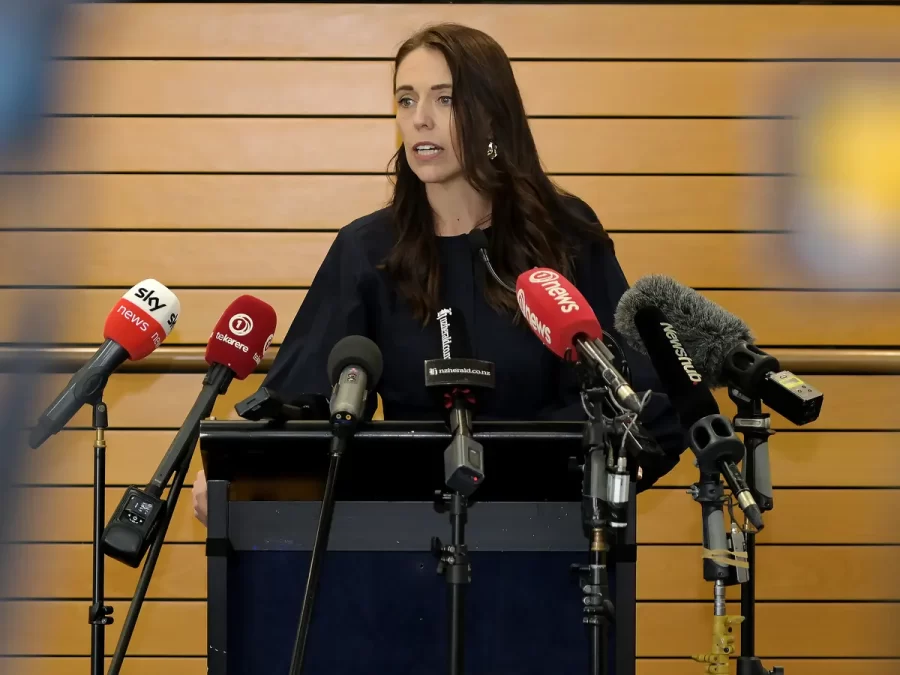Jacinda Ardern resigns as Prime Minister of New Zealand
Jacinda Ardern resigned her post as Prime Minister in February, after two terms in office.
On January 19, 2023, Jacinda Ardern announced her resignation as New Zealand’s Prime Minister.
While addressing her party’s annual caucus, Ardern claimed that it was time for her to move on and that she “no longer had enough in the tank” to continue serving as Prime Minister. On October 14, she also demanded a general election.
While Ardern’s last day in office was February 7th, she had a successful career full of achievement and leadership. In the aftermath of her election in 2017, Ardern stated her belief “in a government that looks after its environment and ultimately looks after its people.” She has followed through with this promise throughout her tenure.
When she took office, she became New Zealand’s first female prime minister – as well as their youngest – at only 37 years of age. In addition, Ardern had given birth to her first child and managed to serve her position while also caring for her daughter. But any doubts over the Prime Minister’s qualifications and capabilities among the public were soon put to rest.
During Arden’s tenure, she dealt with numerous significant challenges. She aided her citizens during a volcano eruption, led New Zealand through the coronavirus outbreak, and skillfully took charge of New Zealand’s response to the 2019 terrorist attack on two mosques in Christchurch: an attack that killed 51 people and left dozens more injured.
Throughout her tenure, Ardern was known for immediate action and initiative. The day after the Christchurch attacks, she wore a hijab (a muslim headscarf) to symbolize that the entire country was united in support of its Muslim citizens. This earned respect from a large portion of New Zealanders.
And just six days after the Christchurch attacks, she worked to ban ownership of all military-style assault rifles in the country in an attempt to prevent another such tragedy.
The effectiveness of Ardern’s leadership style shone again when the coronavirus struck New Zealand. Through televised broadcasts, Ardern sent clear, empathetic messages to her people, who often felt as if she were standing with them. This allowed citizens to view their Prime Minister as being “on their level”, which increased their trust in her during desperate times. Ardern’s policy of sweeping lockdowns and heavy government action helped to slow, and eventually halt the pandemic in New Zealand.
A Prime Minister with such a unique leadership style will be missed. But her self-awareness to know when to step down from her role must only increase the respect that New Zealanders will have for her in the future.


